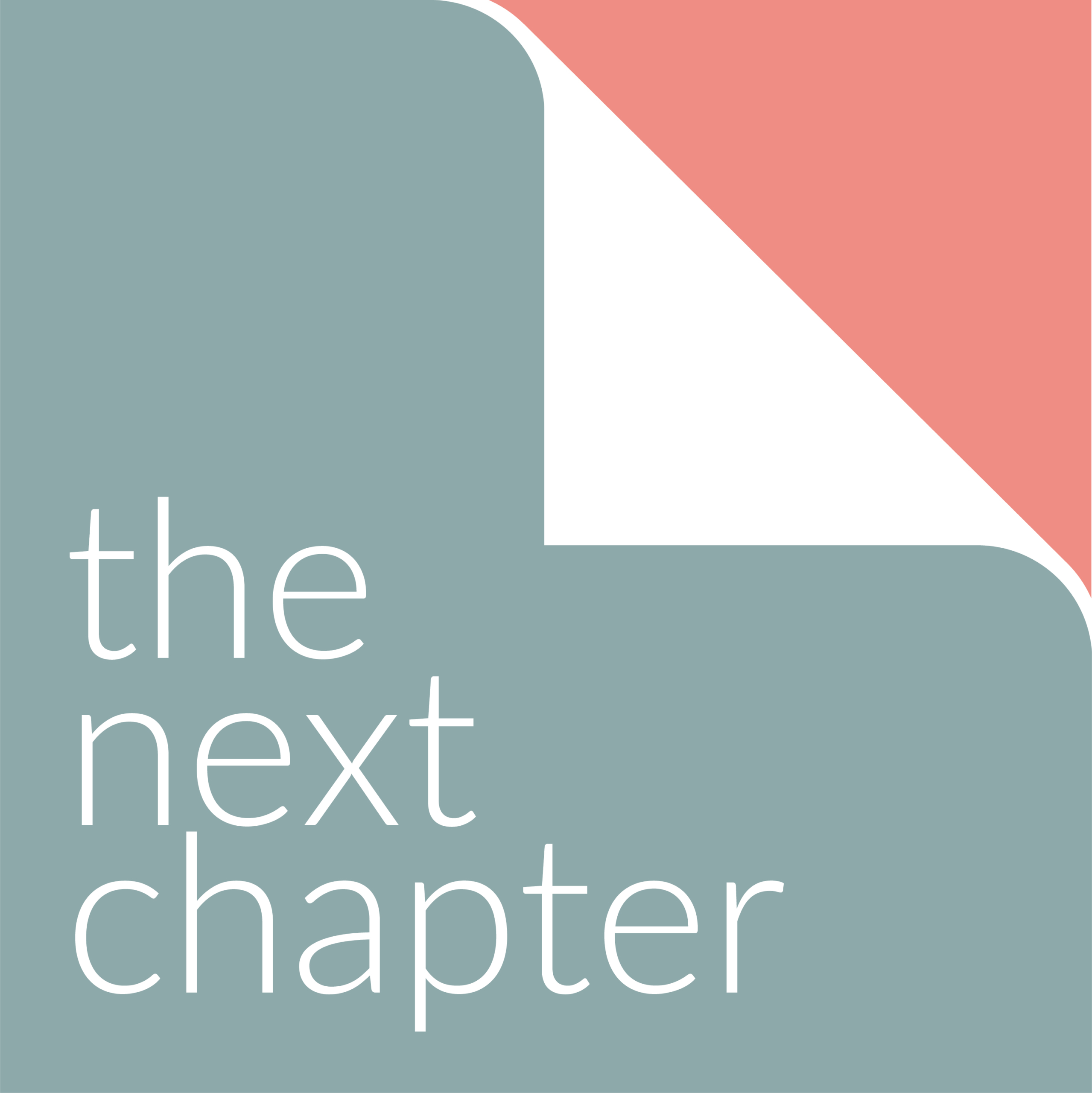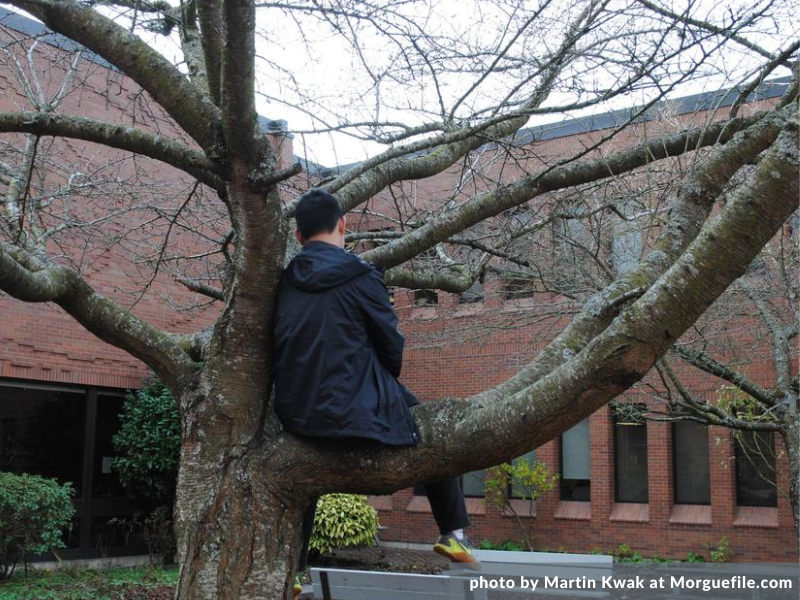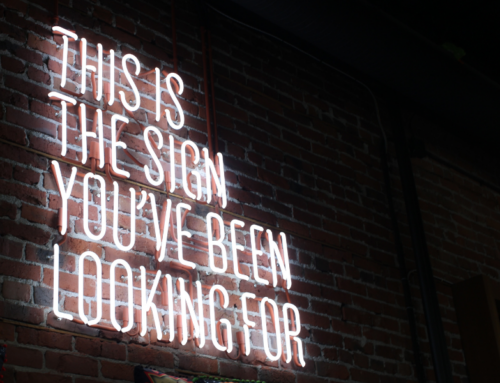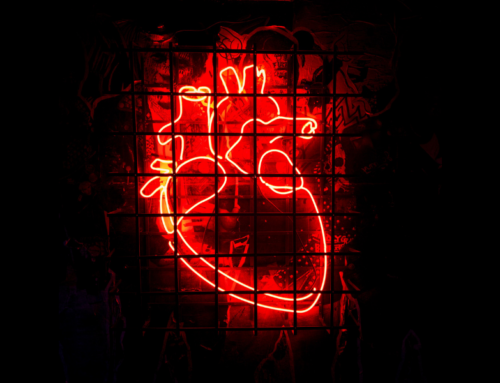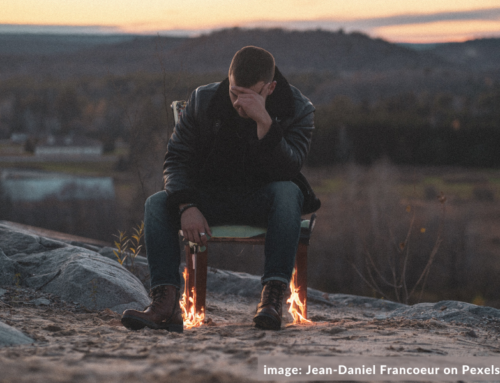The neuroscientists agree with the poets: loneliness is a kind of hunger. It is a call to action, from the body, to go get something that we need.
One study found that after a 10 hour period of social isolation, brain scans showed the participants’ brains lighting up in the areas linked with cravings when they were shown pictures of people laughing, chatting and hugging – very similar to hungry participants looking at food [1].
loneliness is an alarm system – without an instruction book
So, we might say loneliness is part of our inbuilt alarm system, which alerts us when we’re running low on something we really need.
However, as with all alarms, you need to know what it means in order to deal with the situation. When someone feels loneliness and interprets it as a signal that it’s time to reach out to someone, or do some work on their close relationships, or look for a new group of likeminded folk to join, they are likely to feel a lot better quite quickly. But many people will not react that way. Many people were not given enough support in childhood to learn how to interpret their emotions – especially how to manage the difficult ones. Many people have not yet known safety in their closest relationships. And all the advice, hype and marketing about happiness, thinking positive and living your best life can create the impression that if I’m feeling bad, I must be failing at life.
When someone interprets loneliness as a sign of something being wrong with them as a person – perhaps concluding they are not likeable, or they are broken – they might withdraw further, rather than open up.
If that sounds familiar, it is not too late. No matter how long this has gone on, this is a situation you can change.
time for an audit of your circles
As Cheryl Rickman says in Navigating Loneliness, we can think about having three circles around us – an inner, a middle and an outer circle. Most people need relationships in each of the circles. But it is quality, not quantity, that matters.
The inner circle only needs to contain between one and five people – what matters is having real emotional intimacy with these people. The middle circle is a less intimate group you connect with for socialising, work, sports, activities or projects. Some people will like this circle to be packed full, others will prefer it fairly small. The outer circle is a wider network of light but still meaningful connections creating a sense of neighbourhood and community.
The circles help us understand how someone can feel lonely even when they hardly have a minute to themselves. Their middle and outer circles might be rammed with folk, but if no-one feels really emotionally close it can feel as lonely as total isolation. Equally, someone can be in a very close partnership and still feel lonely. It doesn’t necessarily mean there’s something wrong with that relationship. If the middle and outer circles are looking a bit empty then maybe that’s what needs some attention.
intimacy can be scary
Everyone will have some hard times with intimate relationships. Even at their best, they still come hand-in-hand with grief. And very few work without some ‘work’. Listening skills, self-awareness and communication don’t come perfect straight out of a box. Most folk need to get some guidance and make some mistakes.
But what if it’s even harder than that? What if intimacy has always been dangerous or disastrous and you don’t want to let anyone in, but the loneliness alarm keeps ringing? In this situation, perhaps you could consider letting a counsellor in. A counsellor offers a relationship unlike any other. It can be both emotionally intimate and safely separate from any other aspect of your life. And so, counselling sessions can be the place to bring all the stuff you usually keep hidden from others and work out what to do with it.
you’re never lonely with a book
If you don’t feel ready for that, then books can be your companions and guides. Books like Set Boundaries, Find Peace can help you learn how to keep yourself safe in relationships. And you might find in any book that a writer has dared to say something that you always thought was shameful, or that you were alone with. This can give you confidence to open up and start to connect more. Jackie Kay, explaining what Audre Lourde’s writing meant to her, said:
“Writers give readers courage – the courage to be utterly your complete and complex self.”
And as Brené Brown sets out in Braving the Wilderness, a sense of belonging starts from the inside – from belonging to yourself.
All these writers and more, across space and time, are waiting to talk to you. And if you don’t know which one to pick, try selecting a friendly indie bookshop that will fit nicely in your outer circle, and ask for a recommendation.
All book links take you to our pages on Bookshop – the platform for independent bookshops.
If you buy a book from these links, we get 30% of the sale, which we put towards providing low-cost counselling and other wellbeing services. So your book contributes to your wellbeing (we hope) and to others’ too.
Please email info@thenextchapter.org if you have any questions about the books or would like to get some personalised recommendations.
